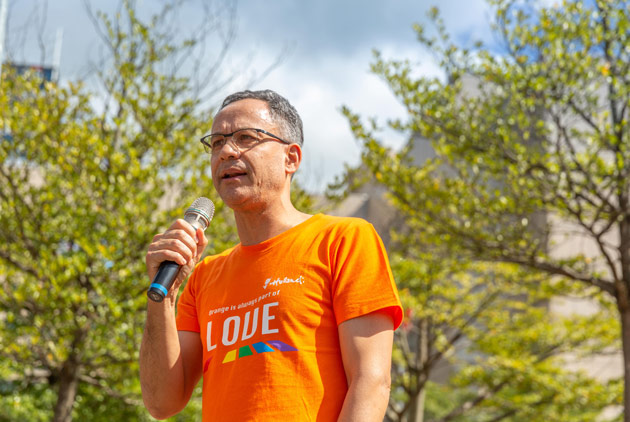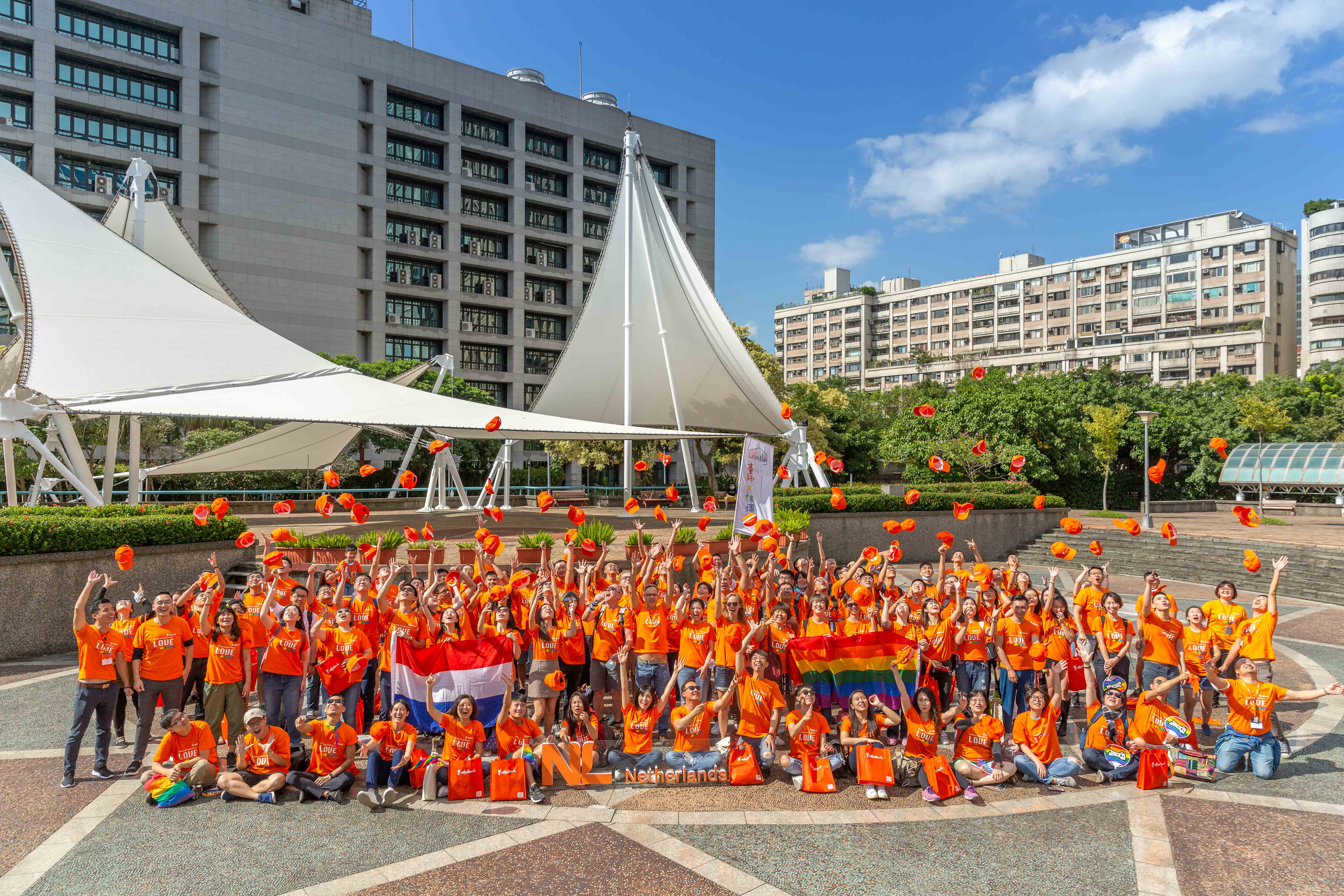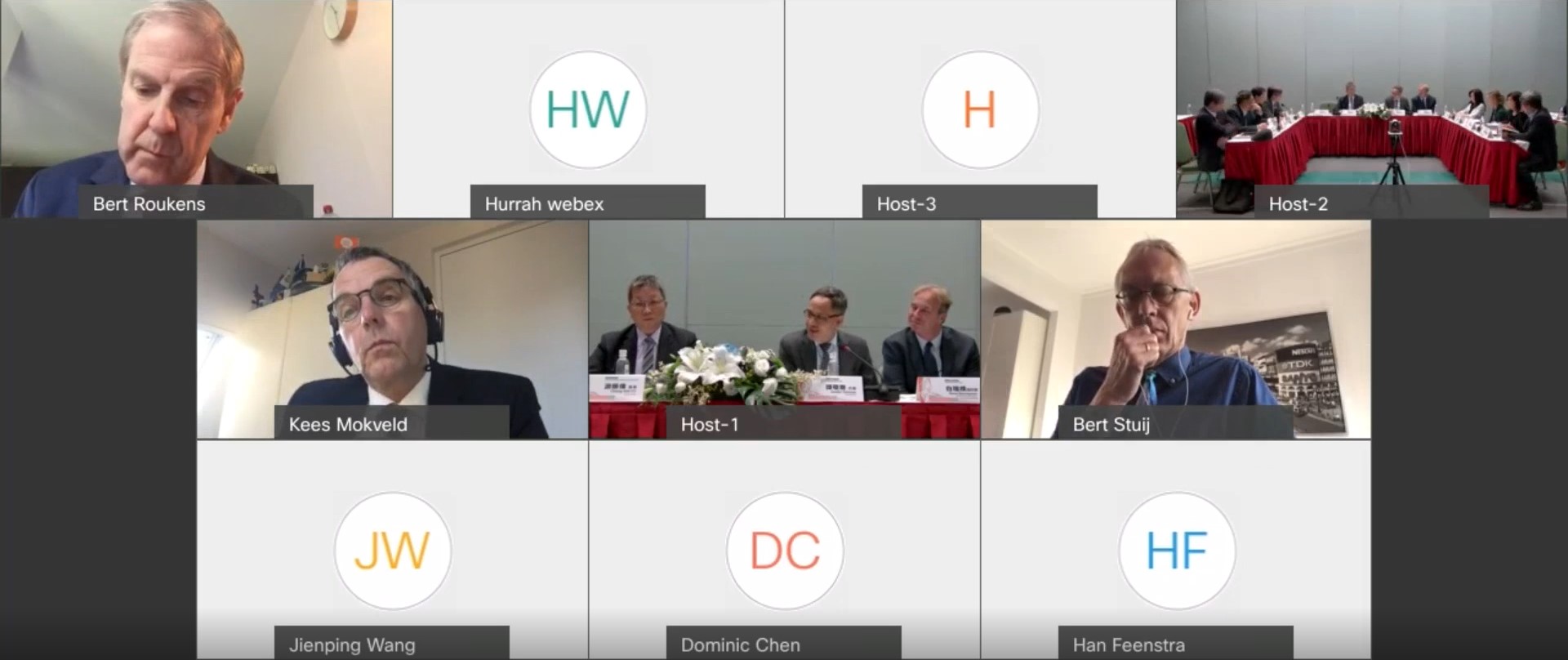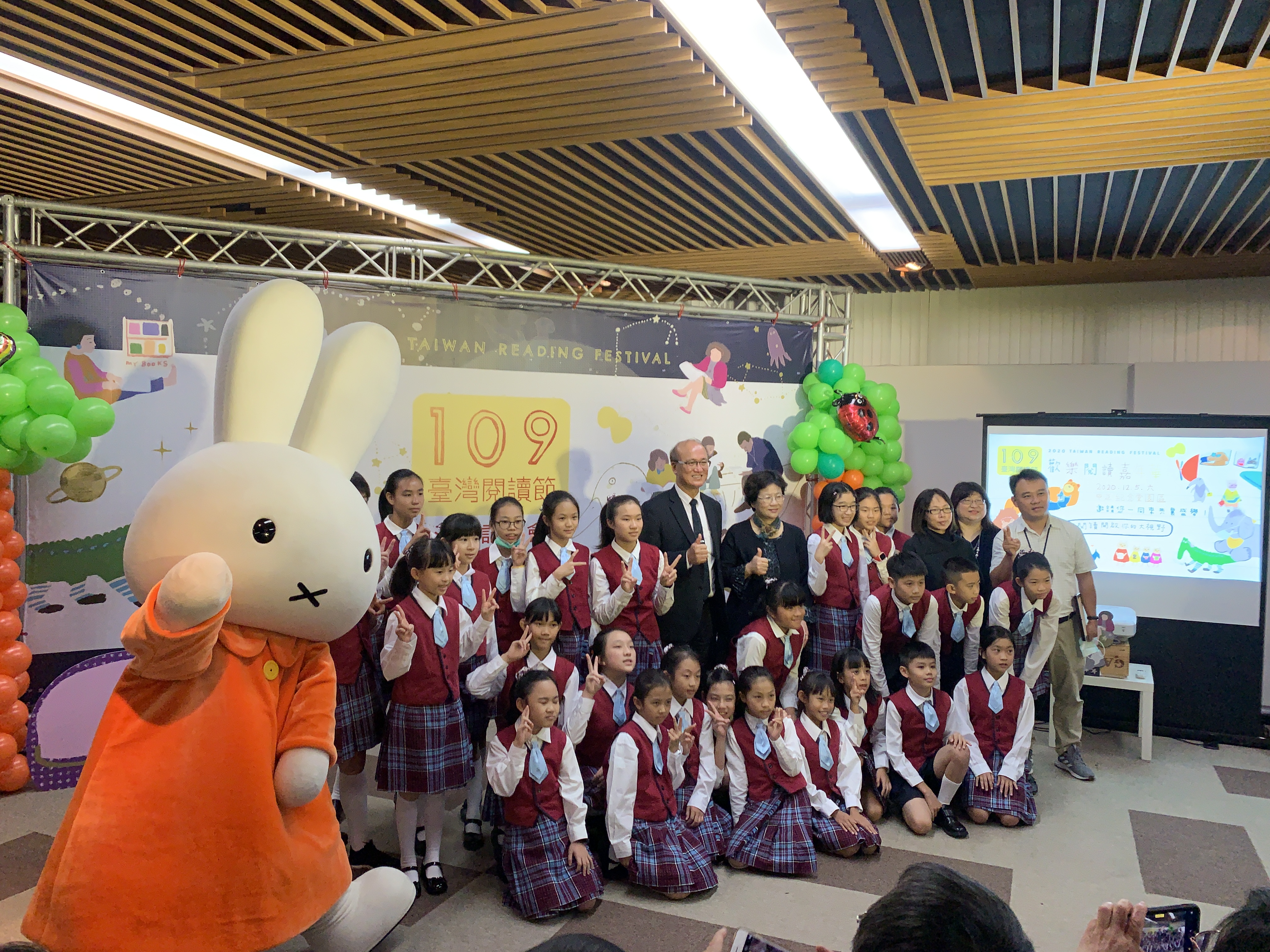Taiwan Model
Pandemic in a Willingly Prepared Society

Source:Netherlands Office Taipei
“It’s so amazing to see real people gathering in the same place, even shoulder to shoulder,” this is just one example of how Representative Mr. Guido Tielman of the Netherlands Office Taipei (NLOT) is usually greeted by Dutch participants on the other side of the globe during video conferencing when they see the image from his side in Taiwan.
Views
Pandemic in a Willingly Prepared Society
By the Netherlands Office Taipeiweb only
“When the entire world has been in lockdown on and off for almost a year, the normality of the life we are leading here in Taiwan seems almost surreal, as if we were living in a parallel universe,” said Mr. Tielman, “but that’s because of the strict COVID policy effectively enforced by the Taiwanese authorities.”
“And also because the Taiwanese society is willing to make compromises in their private and professional life to ensure that the pandemic can be adequately curbed,” added Mr. Tielman, who came to Taiwan in August with his wife Rita and one-year-old son Tobias from his previous post in Mumbai, India.

“Things like consistently wearing surgical masks, even when it is not compulsory, abiding by rules of social distancing, and allowing the government to track you when you are under quarantine or self-isolation. There seems to be a common understanding that these sacrifices are necessary and thus acceptable for us to jointly guard against the pandemic.”
For example, right after their arrival, Mr. Tielman and his family were put under an effective yet personable supervisory scheme, which involved immigration at the airport as well as local police authorities.
“During quarantine, every day I would receive a polite and friendly call from the same officer to check up on our condition and to ask us whether we needed any help,” said Mr. Tielman. “Also, until the day we were released from quarantine, we would daily receive a text message with questions about our health situation that we would need to reply to, while people in the Netherlands are still debating whether tracking through cell phones and being supervised so closely by authorities violates one’s personal privacy.”
A similar debate took place in Taiwan seventeen years ago during the SARS outbreak, when a provisional act for disease prevention was challenged. After 7 years of legal process, the Constitutional Court in Taiwan upheld the constitutionality of all necessary measures or administrative dispositions delegated by Communicable Disease Control Act (CDC Act) during an epidemic, including the possibility of restricting personal privacy and individual movement.

“Thanks to such a legal framework supported by a social sense of collective responsibility and trust in the government, we are enjoying a life in Taiwan not much different from a normal one,” said Mr. Tielman, “and my son can go to kindergarten and the playground as all kids of his age should be able to.”
Early measures, collective efforts, and strictly enforced regulations have contributed to the normal life people are enjoying in Taiwan, and also to a minimum negative economic impact. According to various analyses, Taiwan’s GDP in the second quarter of 2020 has only declined 0.6% compared to the same period last year, while the Netherlands saw a 9% decline.
However, Mr. Tielman also urged the authorities in Taiwan to think about an exit strategy, which is crucial for an open economy such as Taiwan’s.
“Although sectors such as ICT, high-tech, and semiconductors have all been benefiting from a reshuffling of supply chains and a higher demand for communication equipment due to the lockdowns all over the world, Taiwan also needs to think about how growth in other sectors dependent on engagement with the outside world can be sustained, such as tourism and large-scale infrastructure projects that require people to travel in and out,” said Mr. Tielman.
“In the Netherlands, we certainly miss being able to participate in large-scale events,” said Mr. Tielman, whose office recently participated in Taiwan Pride, perhaps the biggest pride parade in the world this year with more than 150,000 participants, 200 of which wore the orange t-shirts specially designed by his office that said “orange is always part of love.”
However, other than initiatives that can be mobilized locally, all incoming delegations, visits, and trade shows planned for 2020 by NLOT have had to be cancelled, while many activities in 2021 are still pending.
“Many people can work from home now, and some of the meetings that take place online are conducted with even higher efficiency than ‘physical meetings.’ However, we still miss person-to-person interaction where body language plays an important role in communication,” said Mr. Tielman. “With an effective vaccine on the horizon, I do hope that soon the scene of us here in Taiwan sitting together in one meeting room will no longer be a unique sight for my colleagues in other parts of the world.”
Have you read?
♦ Taiwan needs to build a brand image beyond COVID-19
♦ Taipei Professional Orchestra: Big Band Jazz Made Possible by COVID-19
♦ What stifles the success of Taiwan’s companies?
Uploaded by Penny Chiang







